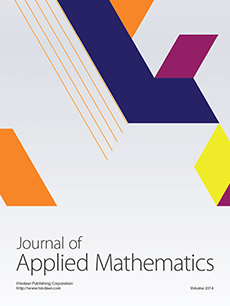Abstract
Recent mathematical modelling has advocated for rapid “test-and-treat” programs for HIV in the developing world, where HIV-positive individuals are identified and immediately begin a course of antiretroviral treatment, regardless of the length of time they have been infected. However, the foundations of this modelling ignored the effects of drug resistance on the epidemic. It also disregarded the heterogeneity of behaviour changes that may occur, as a result of education that some individuals may receive upon testing and treatment. We formulate an HIV/AIDS model to theoretically investigate how testing, educating HIV-positive cases, treatment, and drug resistance affect the HIV epidemic. We consider a variety of circumstances: both when education is included and not included, when testing and treatment are linked or are separate, when education is only partly effective, and when treatment leads to drug resistance. We show that education, if it is properly harnessed, can be a force strong enough to overcome the effects of antiretroviral drug resistance; however, in the absence of education, “test and treat” is likely to make the epidemic worse.
Citation
Mo’tassem Al-arydah. Robert Smith?. "Adding Education to “Test and Treat”: Can We Overcome Drug Resistance?." J. Appl. Math. 2015 1 - 19, 2015. https://doi.org/10.1155/2015/781270





